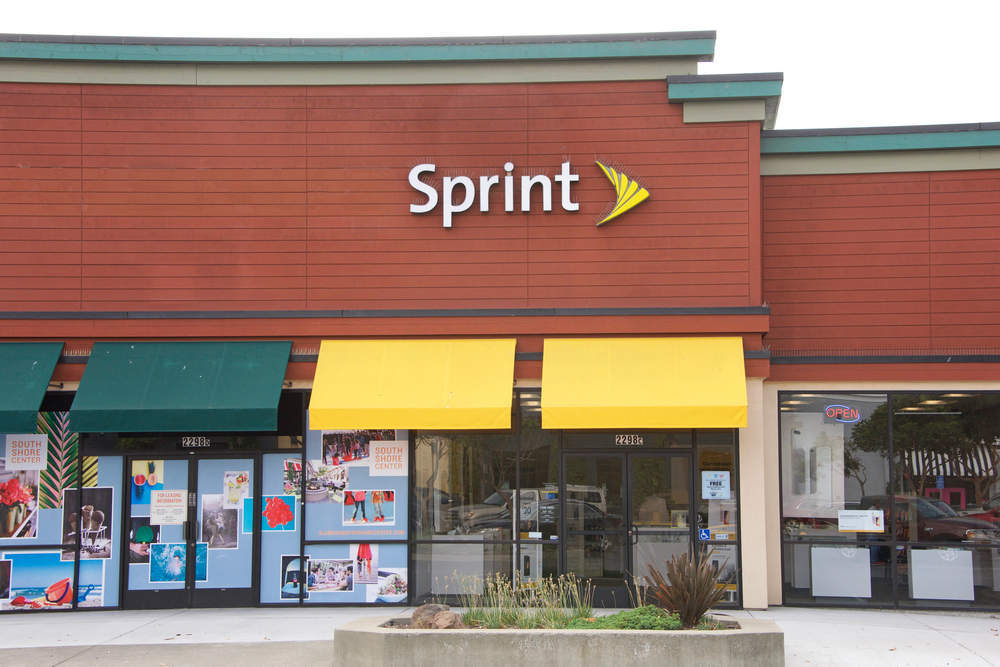
Merger negotiations between mobile companies T-Mobile and Sprint have collapsed, both saying they could not agree on terms.
It was a merger that likely to pass regulatory muster anyway but now we’re going to see them strike up some unique partnerships and deals in adjacent markets.
While a tie-up between T-Mobile and Sprint would have created significant shareholder value, brand equity, and scale for the two companies — reducing the number of nationwide mobile operators from four to three would have been difficult for even the most pro-free market regulator to swallow.
And consumer advocacy groups would have been vehemently opposed as T-Mobile and Sprint are they’re the most aggressive when it comes to pricing and promotions, already forcing AT&T and Verizon Wireless to meet or beat their pricing.
Worse, neither company would have been able to say their future depended on a merger.
T-Mobile outpaces all others when it comes to adding new customers every quarter. Sprint has a shakier balance sheet, but also demonstrates it has no problem competing in the market.
How well do you really know your competitors?
Access the most comprehensive Company Profiles on the market, powered by GlobalData. Save hours of research. Gain competitive edge.

Thank you!
Your download email will arrive shortly
Not ready to buy yet? Download a free sample
We are confident about the unique quality of our Company Profiles. However, we want you to make the most beneficial decision for your business, so we offer a free sample that you can download by submitting the below form
By GlobalDataStill, the telecoms business is an expensive one.
The next-generation of technology — 5G — will require some extensive capital in terms of acquiring the airwaves necessary to operate services and upgrade to new technology that will usher in ultra fast broadband speeds.
With horizontal mergers — those in the same industry — becoming difficult propositions, T-Mobile and Sprint will need to get creative with partnerships and mergers.
Both will now be looking for prospective partners in adjacent industries, with cable and pay TV likely the most attractive.
Regulators are more apt to approve acquisitions outside of the telecoms market as they don’t directly impact pricing competition.
AT&T’s acquisition of DirecTV is one example, and the company is now using DirecTV to sell bundles of video and wireless services.
Already, Sprint has created a somewhat unique partnership with cable provider Altice to help it save money.
The pact enables Sprint to leverage the Altice Business fiber-optic network to help bolster wireless coverage, while Altice is able to enter the wireless market and create bundles of services that include wireless.
The network integration and sharing arrangement between the companies can be replicated by Sprint and by T-Mobile or this could be a trial for a marriage.
We may see some strange bedfellows going forward.




